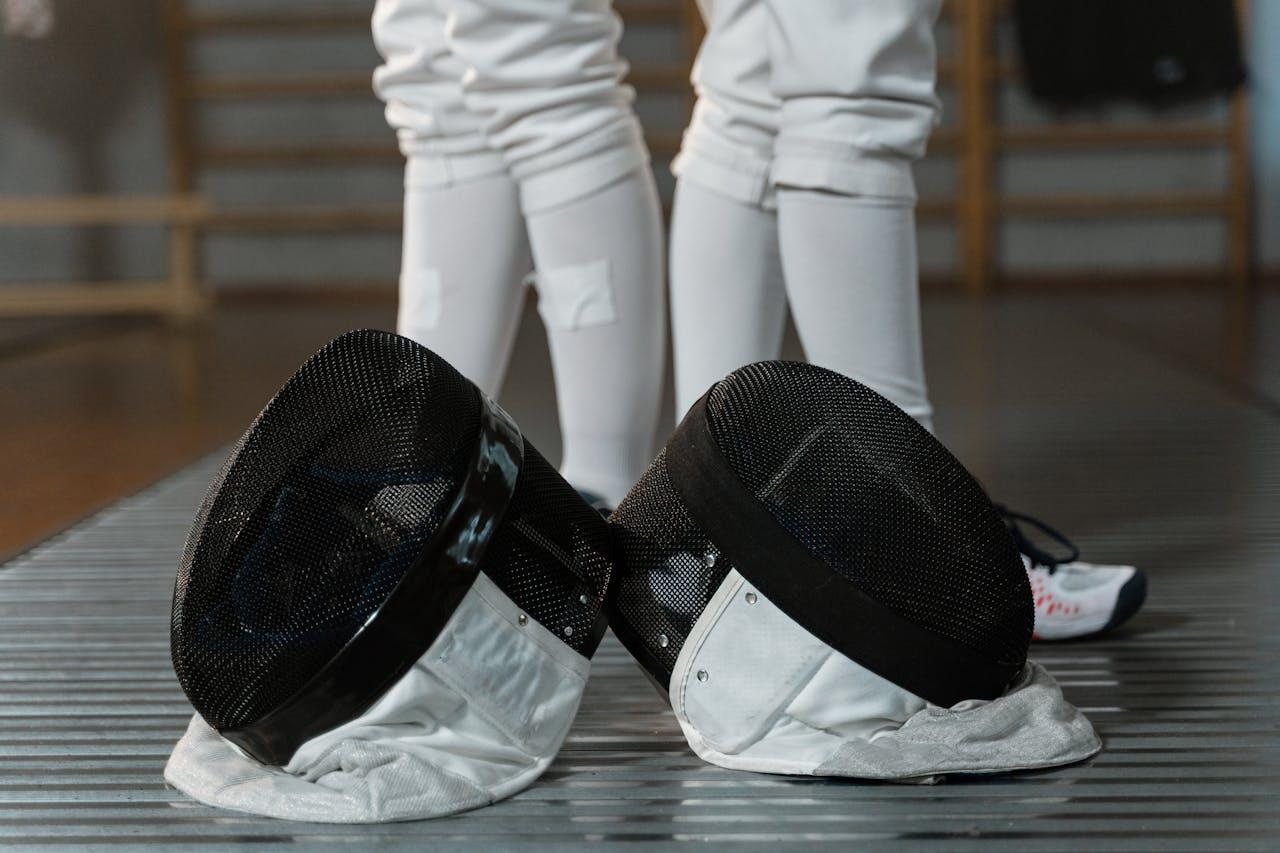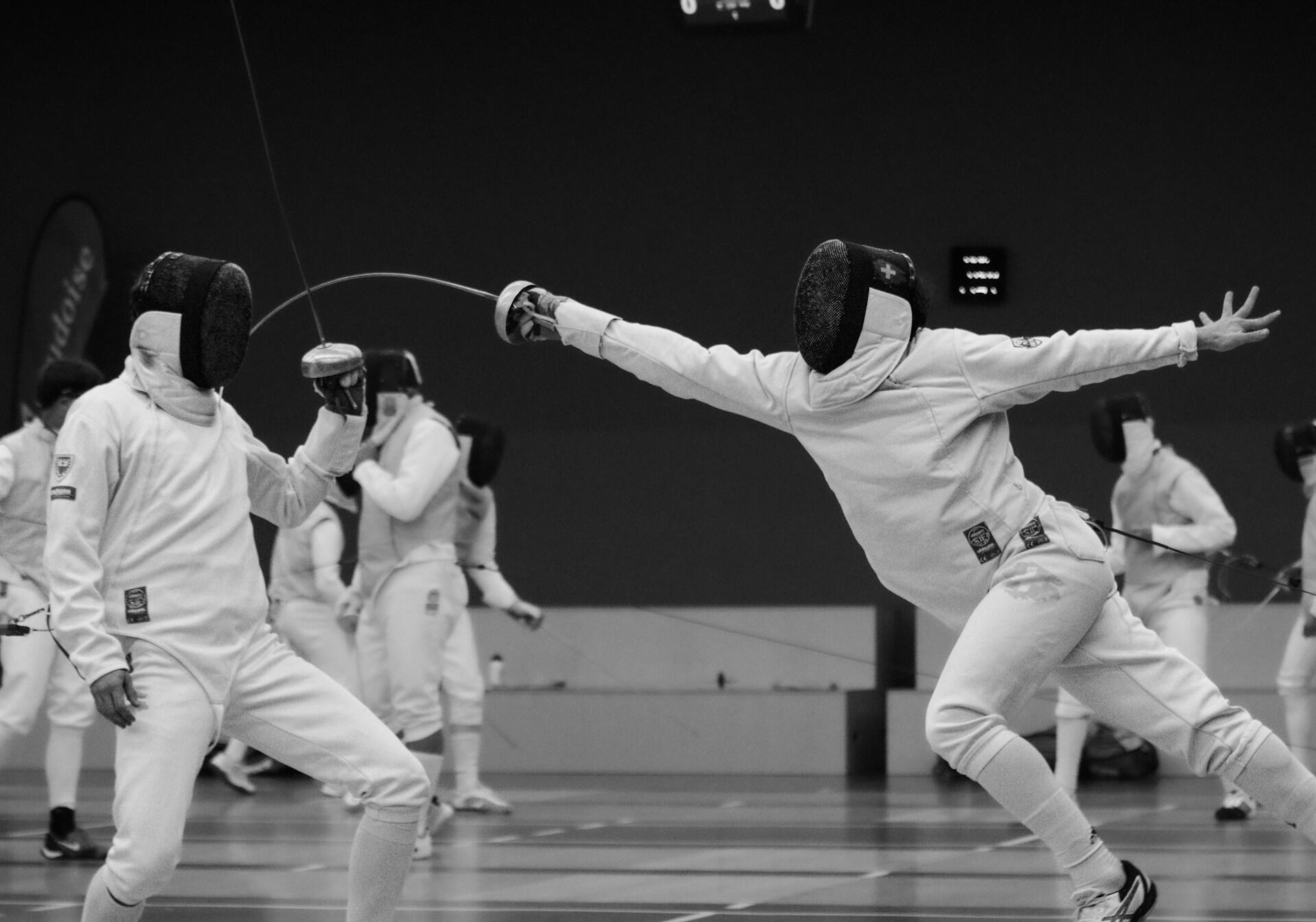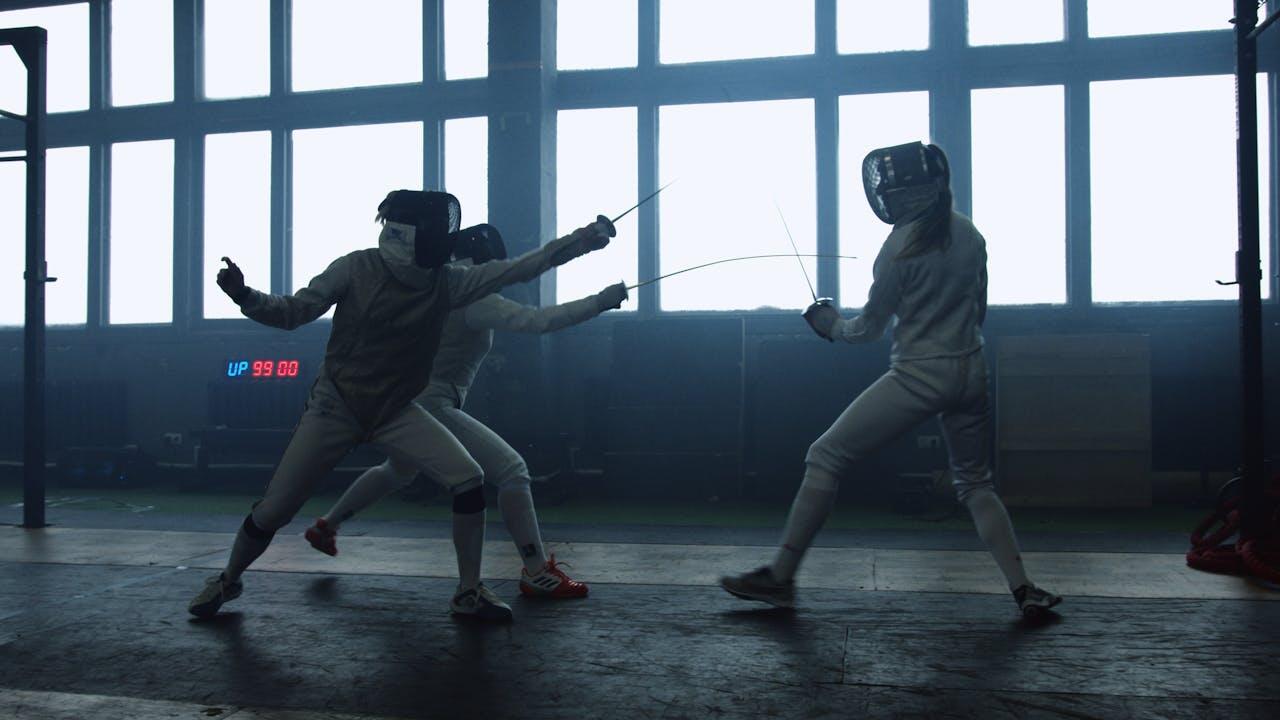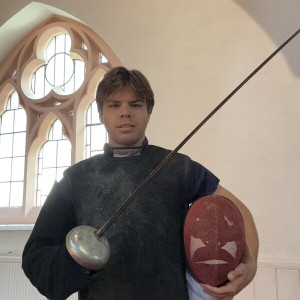Fencing is a sport that is commonly known as physical chess. It is a sport that not only requires athleticism but also strategy and precision to win. When you start fencing, it can seem like a challenging sport. This is because it is a highly technical sport with a rich history. More often than not, people who start fencing tend to give up after a few months. This is mainly due to improper guidance.
With the correct coach, you will not only be able to reap the benefits of fencing but enjoy this sport as well. This is a guide that is essential for those of you who are looking at how to start fencing.

Choose the Right Equipment
This is the very first step you will need to do when you decide to start fencing. Fencing can be dangerous when you do not have the necessary equipment. This should not be a surprise as it comes from sword fighting. Every piece of fencing equipment is specifically crafted for safety and comfort. Let us look at some of the equipment you will need as a beginner in fencing.
Weapons
Fencing primarily involves three types of weapons: the foil, the epee, and the sabre. Each of these three is different from the other. As a beginner, you will often start with foil because of its emphasis on precision and technique. Since each of the weapons is different and has its own rules and target areas, you need to choose the best weapon based on your interests. You will have the opportunity to discuss it with your coach to ensure that you pick the weapon that suits you best.
Protective Gear
Protective gears in fencing are pivotal and even have a certain standard of manufacturing. This is important to ensure that you and your opponents are safe throughout the bout.
Essential gear for fencing includes a mask, jacket, underarm protection, gloves, breeches, and chest protection if you are a girl/woman. This protective gear is designed specifically to ensure you are protected against any potential injury. These gears are not only high in quality but also durable so they will last you a long time and are a worthwhile investment.

Shoes
Fencing requires a lot of footwork such as lunges and side-stepping therefore it is best that you choose a lightweight shoe. Always look out for reinforced soles and double stitching. This will ensure that they will last you a long time.
If you are unable to find shoes that are specialised for fencing, your next best option would be to get non-slip athletic shoes. For a beginner, this would suffice.
Electrical Scoring Equipment
If you are someone who has competitive fencing in mind, electrical scoring equipment is a must. Some examples of equipment you will need are body chords and scoring jackets. These jackets and chords are connected to an electric scoring system which is used in tournaments.
These can be pricey so you should know for sure if you want to get into tournaments before purchasing these.
Understanding the Basics
Before you step onto the piste, you must first understand and familiarise yourself with the foundational concepts and basics. Let us look at some of them here.
Stance and Footwork
There are many stances and footwork you will need to learn as a fencer but the en garde position is the first thing you will learn. This is the starting stance for all fencing actions. In this position, your feet will be positioned at a right angle with your weight evenly distributed. This is to ensure you are balanced during quick movements. Some basic footwork you will need to know are advancing, retreating and lunging.
Target Areas
The fencing sport features three distinct weapons, each associated with its own specific target areas. For example, for epee, the target zone is the entire body. Meanwhile, for foil, it is only the torso. The sabre on the other hand is the upper body. In order to master the weapon of your choice, you must first understand this to be able to focus your attacks as well as plan your defence effectively. As you start your fencing lessons, you will notice that there are many diagrams as well as physical aids will be used to help you grasp this concept.
Rules of Engagement
There are two main rules for fencing bouts. The first is fairness and the second is safety. One of the key rules that comes from this is the right of way. Learning these fencing rules will help you build a strong foundation.
Etiquette
When it comes to fencing, etiquette is extremely important. For example, before a bout starts, fencers salute their opponent, referee and the audience. This fosters a positive environment as well as reflects this sport's historical roots.
Finding a Class or a Club
When it comes to fencing, it is important for you to find a reputable class or club. This is extremely important to help you learn this sport in a structured manner that will help you master and learn it better as well as faster. Let us look at some of the factors you should take into account when choosing a club, coach or class.
Research Local Clubs Near You
One option for beginners to start fencing is to look into clubs near them. You can easily search online and then visit them in person. Visiting these clubs in person is important as they will not only provide you with an insight into their facilities but also their coaching quality and community atmosphere. Look at the online reviews as they will provide you with a perspective on the clubs.
What Type of Classes?
Next, you must identify what kind of classes you are looking for. There are three main groups of classes which are group, private and workshops. When it comes to building camaraderie, group classes are the best. You will learn this as well as learn in a social setting.
Private lessons on the other hand provide you with a more personalised lesson and your coach is able to provide more personalised attention.
If you are looking to learn and grow in something specific, then workshops are your best bet. They are intensive training and excellent for immersive learning.
Are the Coaches Qualified?
For you to learn fencing effectively, you will need a coach who is skilled as well as qualified. Beginners should look specifically for certified coaches who have the necessary experience teaching beginner fencers. To find this, you can observe a class or speak with other fencing students. This will give you an insight into the coach's teaching style. Look for someone who can make the classes fun.
Do They Offer a Trial Session?
When it comes to starting something new, not only fencing, look for something that enables you to try it out. Many fencing classes have trial sessions to help beginners experience this sport firsthand.
Usually, the trial sessions include basic instructions while allowing the students to practise simple moves. This will give you the opportunity to experience firsthand and decide if you would like to take up this sport.
Club Environment
Look at the club environment and see if it's welcoming as well as supportive. Clubs that prioritise inclusivity tend to have students long-term. Before you sign up, make sure that you are comfortable as this is where you will learn and grow as a fencer.

Practicing Key Techniques
To become a successful fencer, it is crucial to master the fundamental techniques right from the beginning. This foundation is essential for your progress in the sport. By practising the basics regularly, you will not only enhance your skills but also boost your confidence.
Blade Work
Make sure to master blade actions such as ripostes and parries. Thrusting is also another blade action that you should know. While parries are defensive movements, thrusting is equally important. Ripostes are counterattacks that are made successfully immediately after a parry.
Footwork Drills
The foundation of fencing is footwork and in order to have control during bouts, fencers will practice their footwork extensively. Footwork also helps fencers have a good balance. In addition to footwork drills, fencing coaches will also incorporate speed and agility exercises to help fencers with movement.
Distance Control
To effectively execute defences and attacks, a fencer must maintain the correct distance from their opponent. This is very important, especially in a competitive setting.
Timing and Strategy
Strategy is a big part of fencing. Unlike most other sports, strategy and precise timing can make or break a fencer. When you start fencing, you will need to learn how to set up attacks and exploit openings in an opponent's defence.
Sparring
Having controlled spring sessions will allow fencers to practise in a simulated bout. This is especially important for beginners as it gives the coaches the ability to provide them feedback on their technique as well as movements.
If you're thinking about diving into the world of fencing, this article is designed to offer comprehensive information to help you get started. To enhance your fencing experience and receive personalised coaching, consider visiting the Superprof Singapore page. There, you can connect with skilled and qualified fencing coaches who bring a wealth of experience to the table. They can tailor their instruction to fit your individual needs and skill level, ensuring that you receive the guidance necessary to excel in this dynamic sport.
Summarise with AI:











